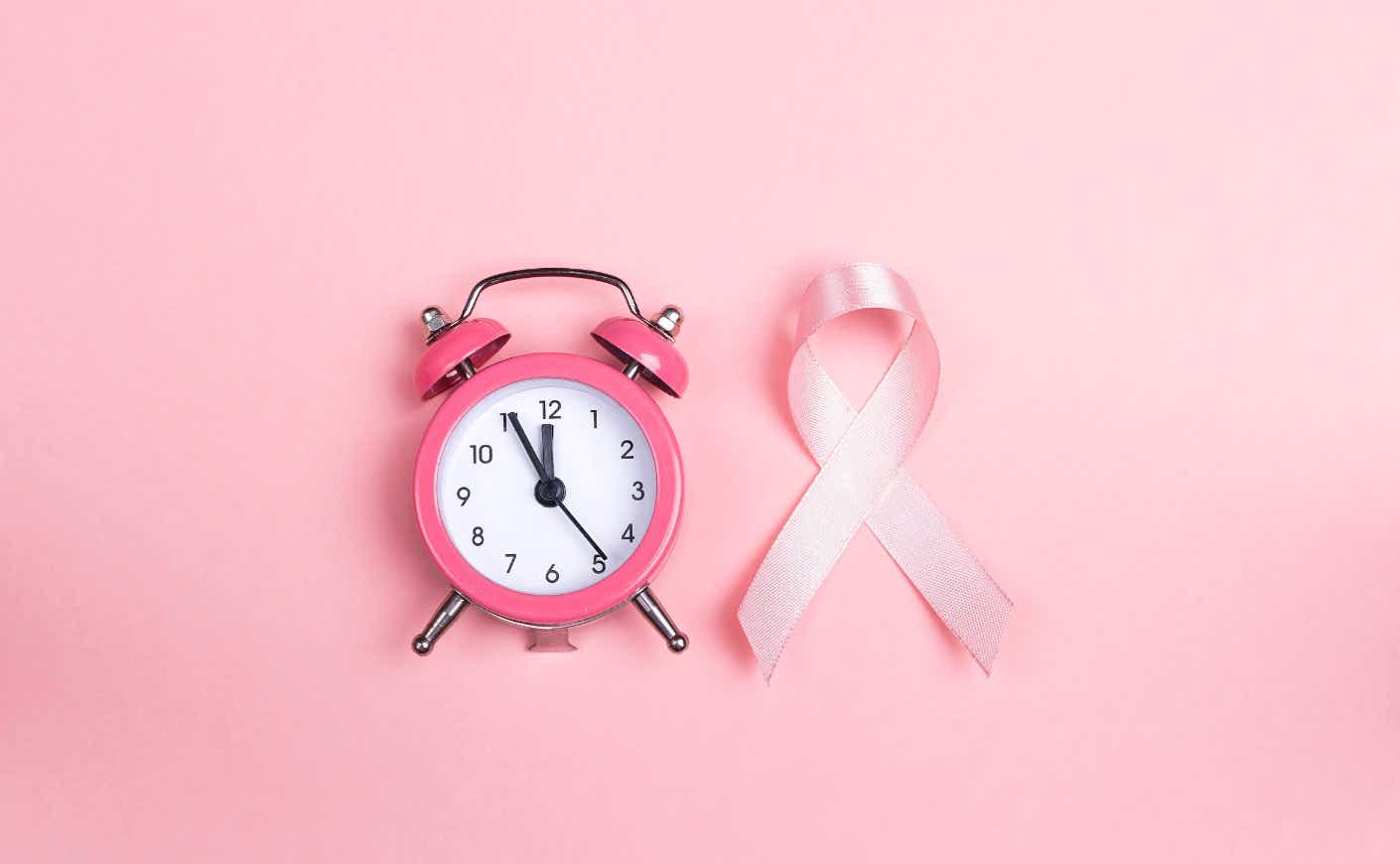Menopause can bring about a lot more than just the symptoms and changes you’re familiar with, like the end of your menstrual cycle and the onset of hot flashes. It can also be accompanied by some more serious conditions, including sleep disorders and increased stress. And while the transition itself doesn’t cause breast cancer, the likelihood of developing it does increase with age.
But just how much? While younger women tend to develop more aggressive forms of breast cancer, a woman’s overall risk for the disease jumps by about 3 percent every year after menopause commences, according to research from the Susan G. Komen Foundation.
We consulted with experts to understand how breast cancer can impact a woman differently before and after menopause.
Why does menopause status matter with breast cancer?
There are several factors that doctors take into account when diagnosing breast cancer, including age, and perhaps more importantly, whether or not they’ve gone through menopause.
Though most women start menopause at 51 years old, beginning it after age 55 signifies dangerous territory in terms of developing the disease.
Studies show higher blood levels of estradiol (the form of estrogen made mainly by the ovaries) are linked to an increased risk of breast cancer in postmenopausal women. But Matthew Goetz, MD, says this doesn’t necessarily mean it’s because they’re being exposed to more estrogen.
“The number of menstrual cycles that women go through seems to be longer perhaps than they used to be,” Dr. Goetz, an oncologist at The Mayo Clinic, tells Katie Couric Media. “But we don’t see evidence necessarily that changes or fluctuations in hormones that are occurring with menopause are necessarily driving the development of breast cancer.”
That said, breast cancer tends to be more aggressive in younger premenopausal women, compared to those who are older and postmenopausal. According to the Cleveland Clinic, this has something to do with the fact that diagnosing breast cancer in younger women is more challenging because their breast tissue is generally denser and routine screening for most women doesn’t start until age 40.
How does menopause affect breast cancer treatment?
Where you are in your reproductive journey can make a big difference when it comes to getting treatment. For instance, hormone receptor-negative (or hormone-negative) breast cancers don’t have any estrogen or progesterone receptors, so treatment with hormone therapy drugs isn’t helpful, and menopausal status will impact the type of anti-estrogen treatment that’s used for treatment. For instance, aromatase inhibitors have been found to be more effective in postmenopausal women and yet they have the opposite effect in those who are premenopausal, according to a study published in The Lancet Oncology.
Why does breast cancer treatment trigger menopause?
Other cancer treatments, such as chemotherapy, can trigger menopause or intensify menopausal symptoms. Meghan Karuturi, MD, says this reaction often happens because the treatment “basically puts ovaries to sleep,” so they stop producing eggs and a woman will no longer have a monthly period. For those who are younger, this effect is only temporary, and in most cases, menstruation will naturally return within eight months to two years after therapy. But if a woman is already nearing menopause when receiving chemo, it may speed up the process, according to the MD Anderson Cancer Center at the University of Texas.
How does menopause impact treatment side effects?
Women who are older and more likely to have gone through menopause might have more difficulty when it comes to weathering certain breast cancer treatments, such as chemotherapy.
“There are some patients where we would not think twice about giving a standard dose in a regimen of chemotherapy,” says Dr. Goetz. “On the other hand, older patients who are diagnosed with triple-negative breast cancer may not be able to tolerate the same amount of chemotherapy, especially for patients who are in their late 60s, or early 70s.”
Menopause and cancer recurrence
Menopause isn’t all bad news: It helps lower the risk of breast cancer coming back. So if a patient is particularly at risk for a relapse, a doctor may recommend inducing menopause if she hasn’t hit it already. This is typically done with medications or by surgically removing the ovaries.
“If we reduce hormones, we cut off the food for the cancer cells,” says Dr. Karuturi.









